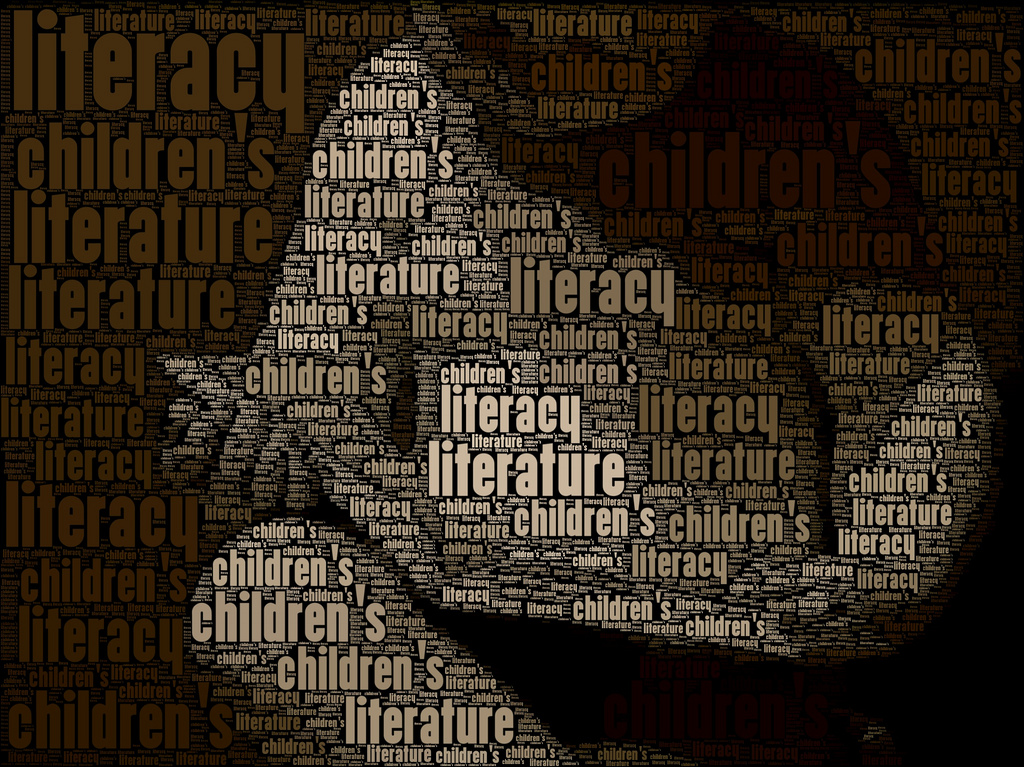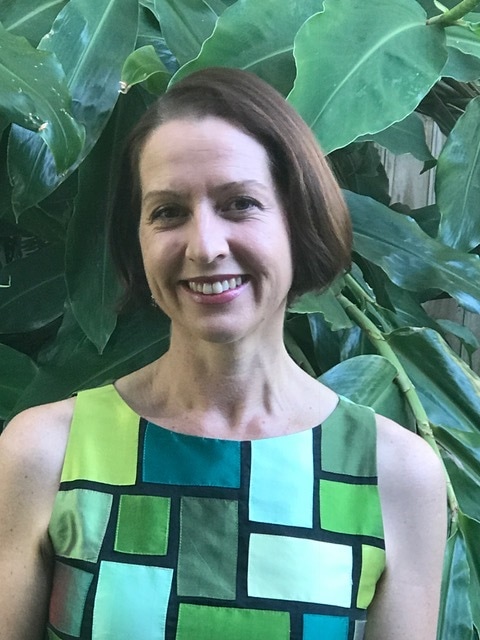Phonological Awareness Skills are the Single Best Predictor of a Child's Future Reading Ability!1/29/2017 Did you know phonological awareness skills of preschool children is the single best predictor of their future reading ability? It's a better predictor than socio-economic status or even their intelligence!
Phonological awareness "refers to the focus on the sounds of spoken language" that is, for a child to come to the realisation that a continuous stream of speech can be separated by individual words, that those words can also be broken up into one or more 'beats' or syllables, and that syllables are made up of a sequence of separate, single sounds (D. Konza, 2014). The most important of these phonological components for reading development is the awareness of the individual sounds or phonemes, that is phonemic awareness. "Once children understand that words can be broken up into a series of sounds, they need to learn the relationship between those sounds and the letters used to ‘map’ them onto paper: the alphabetic code. An understanding of the relationship between sounds and the letters that represent them (graphemes) is at the heart of reading an alphabetic language, thus the decoding step is non-negotiable if children are to become independent readers (Hulme et al, 2012 as cited in D. Konza, 2014)". Some children find it very difficult to "pull apart" words to perceive them as a series of separate phonemes (i.e. sounds) because the continuous nature of speech compresses them into a series of overlapping sounds through a process called co-articulation, disguising the segmental nature of speech. Children who find it difficult to hear the separate sounds in words cannot make the link between the sounds of speech and print symbols, making learning to read and spell our alphabetic language an enormous challenge. These children will need extra help to learn this skill! Children also need good oral language skills as this provides the platform for the development of phonological skills (D. Konza, 2014). Speech Pathologists assess children's phonological awareness skills, their letter-sound knowledge (coding skills) and their language skills. When difficulties are observed in one or more of these areas the speech pathologist works with parents and teacher's to strengthen a child's skills in these areas to maximise the child's potential for success at school in reading, spelling and across the curriculum. If your child is starting school or progressing into grade 1 or 2 and has poor phonological awareness skills (e.g. finds it difficult to clap out how many syllables are in words 2 syllables or longer, finds it hard to identify the sound a word starts with such as 'cat' starts with the 'k' sound, bike starts with the 'b' sound) and/or has a weakness in their oral language skills (e.g. uses non-specific words such as 'that thing' or 'that one' or 'it' frequently, struggles with following directions or understanding language, and/or find it difficult to put words together to form grammatical sentences and to express themselves clearly) a speech pathology assessment and talking to their teacher about what can be done to support them further is strongly recommended. In her very well written article, 'Teaching Reading: Why the “Fab Five” should be the “Big Six”' Deslea Konza, 2014, proposes that the current curriculum needs to change to include 'six' components critical to the development of reading rather than the current 5 with the addition of 'oral language' making it the "Big Six" and I'm in total agreement: • phonemic awareness • phonics • fluency • vocabulary • comprehension + • oral language It just makes sense! This article is really worth reading for any speech pathologist supporting children with literacy problems and for teachers and parents who's children have language and literacy difficulties. Teaching Reading: Why the “Fab Five” should be the “Big Six” Deslea Konza, Edith Cowan University. |
Author - Sarah CreaghI'm a speech pathologist with a passion for working in partnership with parents to support children to reach their maximum potential. Archives
September 2018
Categories
All
|



 RSS Feed
RSS Feed

